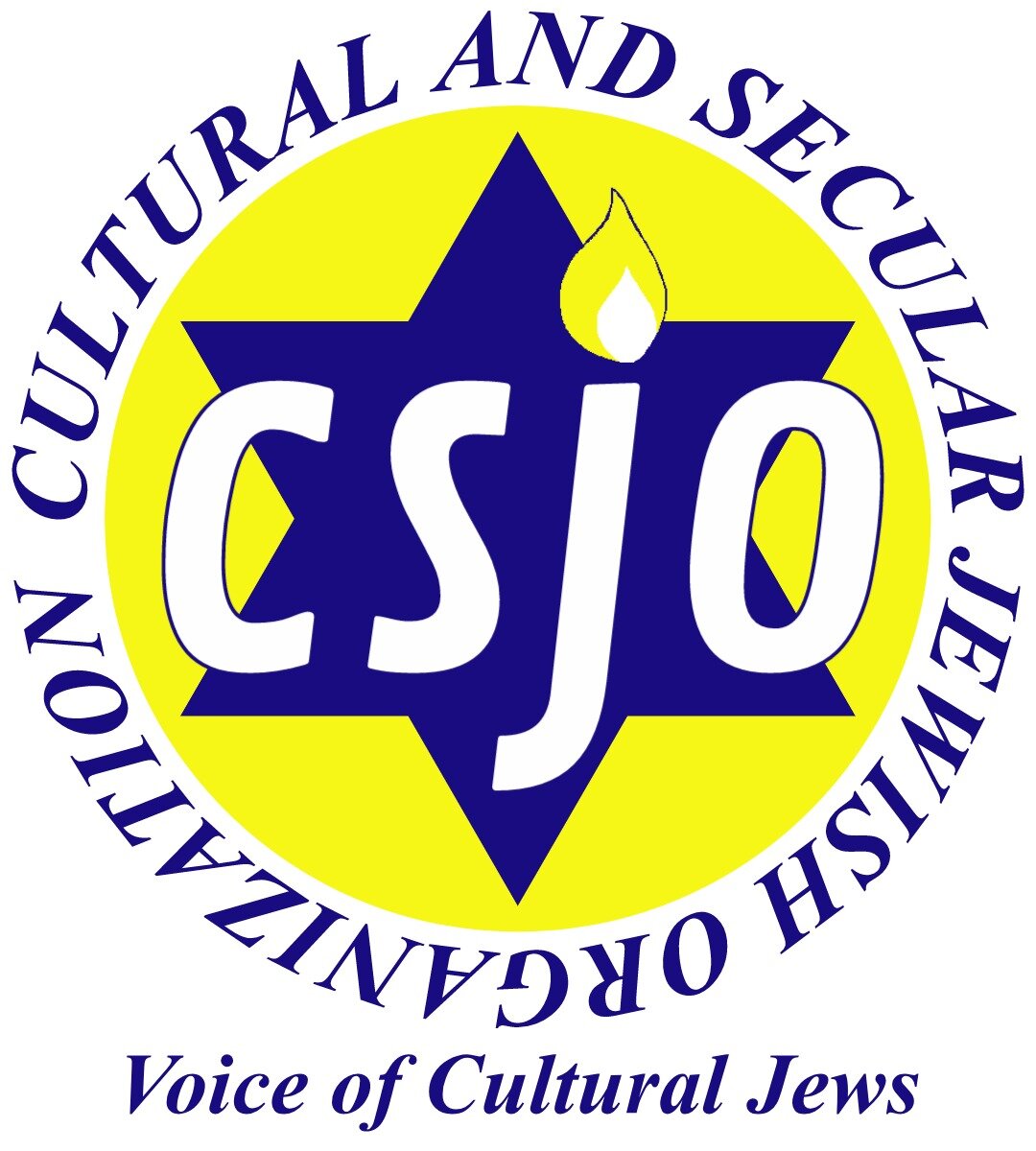Lag B'Omer
For a minor holiday without any special religious significance, Lag B'Omer has multiple associations. The most common explanation of its origins relates to a period in Jewish history in the 2nd century CE when the Romans forbade study of Torah. In order to fool the Romans, rabbis took their students out of school and taught Torah outdoors under the guise of a picnic. Hence the nickname, "the Scholar's Holiday." The problem with this story is that the rabbis did not come up with it until a thousand years later, and it cannot explain why it was customary on this holiday for school children to shoot arrows in the air and light bonfires. Some say that this is to celebrate the Bar Kokhba rebellion against Rome (132-135 CE), but wouldn't lighting fires attract the enemy? Other putative origins include the celebration of the end of a plague that afflicted the disciples of Rabbi Akiba (50-135 CE), the anniversary of the death of Rabbi Simeon ben Yochai (a disciple of Akiba, much admired by Jewish mystics) and the anniversary of the day that manna fell from heaven to feed the Jews wandering in the desert. Yet another explanation comes from Theodore Gaster, one of our foremost authorities on Jewish holidays, who tells us that Lag B'Omer is actually a type of May Day celebration that Jews adapted from their Gentile neighbors. His is probably the most accurate.
Origins, shmorigins. Any excuse will do for a holiday where children get a day off from school to romp in the woods, do archery and (with proper supervision, of course) make campfires. Therefore, this holiday is the perfect time for a picnic in the park or camping in the woods, with maybe a little studying of Jewish subjects thrown in for good measure. You can start with a humorous view of Lag B'Omer, provided by Sholem Aleichem in his short story, Bandits, in which schoolboys take their revenge on a tyrannical teacher, but later regret it. Look for it in The Best of Sholem Aleichem, edited by Irving Howe and Ruth Wisse.
On a more serious note, since the most common explanation of the holiday refers to a time when Jews were forced to study Judaism in secret, we can use this holiday to remember the Marranos or crypto-Jews of Spain, Portugal and parts of Latin America, who practiced their Judaism is secret, in fear of the Inquisition. For further reading on the Sephardic branch of the Jewish family, see The Jews of Spain by Jane S. Gerber and Farewell Espana-- The World of the Sephardim Remembered by Howard M. Sachar.

